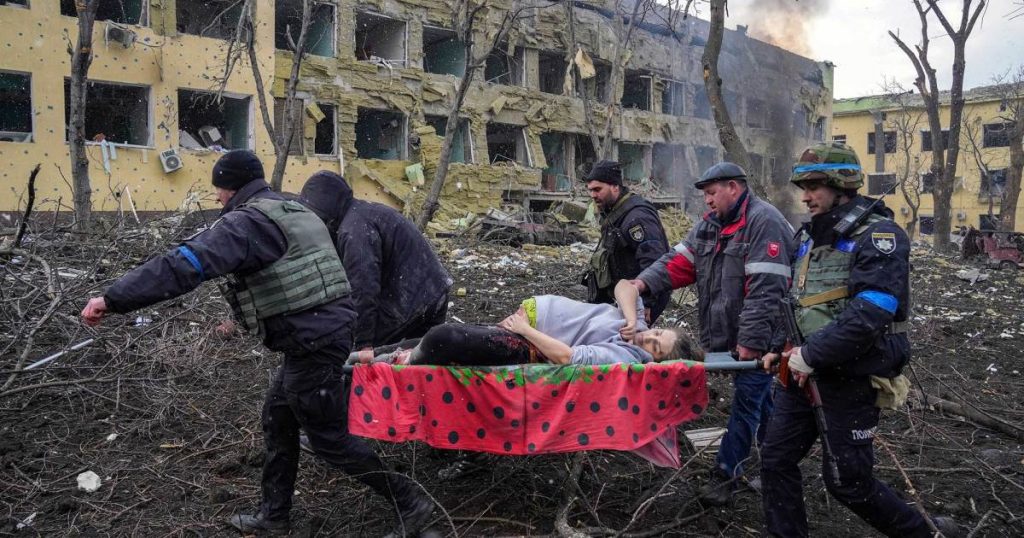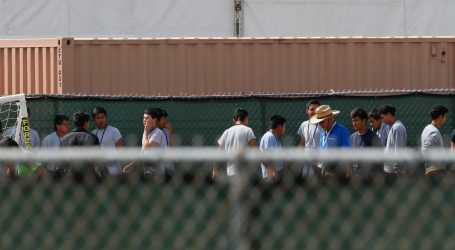Secretly Intercepted Phone Calls Show How Russia’s Propaganda Fueled Violence
Iryna Kalinina, 32, an injured pregnant woman, is carried from a maternity hospital that was damaged during a Russian airstrike in Mariupol, Ukraine, on March 9, 2022Evgeniy Maloletka/AP
Fight disinformation: Sign up for the free Mother Jones Daily newsletter and follow the news that matters.On February 16, Russian authorities announced that Aleksei Navalny, President Vladimir Putin’s most formidable political opponent, had suffered “sudden death syndrome” while on a walk at an Arctic penal colony where he was serving a 30-year sentence. In the wake of the Russian opposition leader’s death, this week’s episode of Reveal—produced in collaboration with the Associated Press—revisits the story of three AP reporters who captured some of the defining images of Russia’s war in Ukraine exactly two years ago today, when Putin ordered the invasion of Mariupol.
Also on the episode, AP reporter Erika Kinetz shares secretly recorded audio of Russian soldiers calling home. In the intercepted conversations, the men describe “cleansing operations” and their orders to take no prisoners. Their intimate calls give insight into how Russian propaganda and fearmongering turned men with normal, domestic lives into soldiers strategizing about killing civilians.
Finally, Reveal host Michael Montgomery speaks with Oleksandra Matviichuk, a Ukrainian human rights lawyer and winner of a 2022 Nobel Peace Prize, about whether war crimes in Ukraine will be prosecuted. Matviichuk, who has been gathering evidence of human rights abuses since Russia’s initial invasion of the country, argues war crimes should be handled by the Ukrainian courts, and that the international community has an important role to play in bringing justice for Ukrainians.





